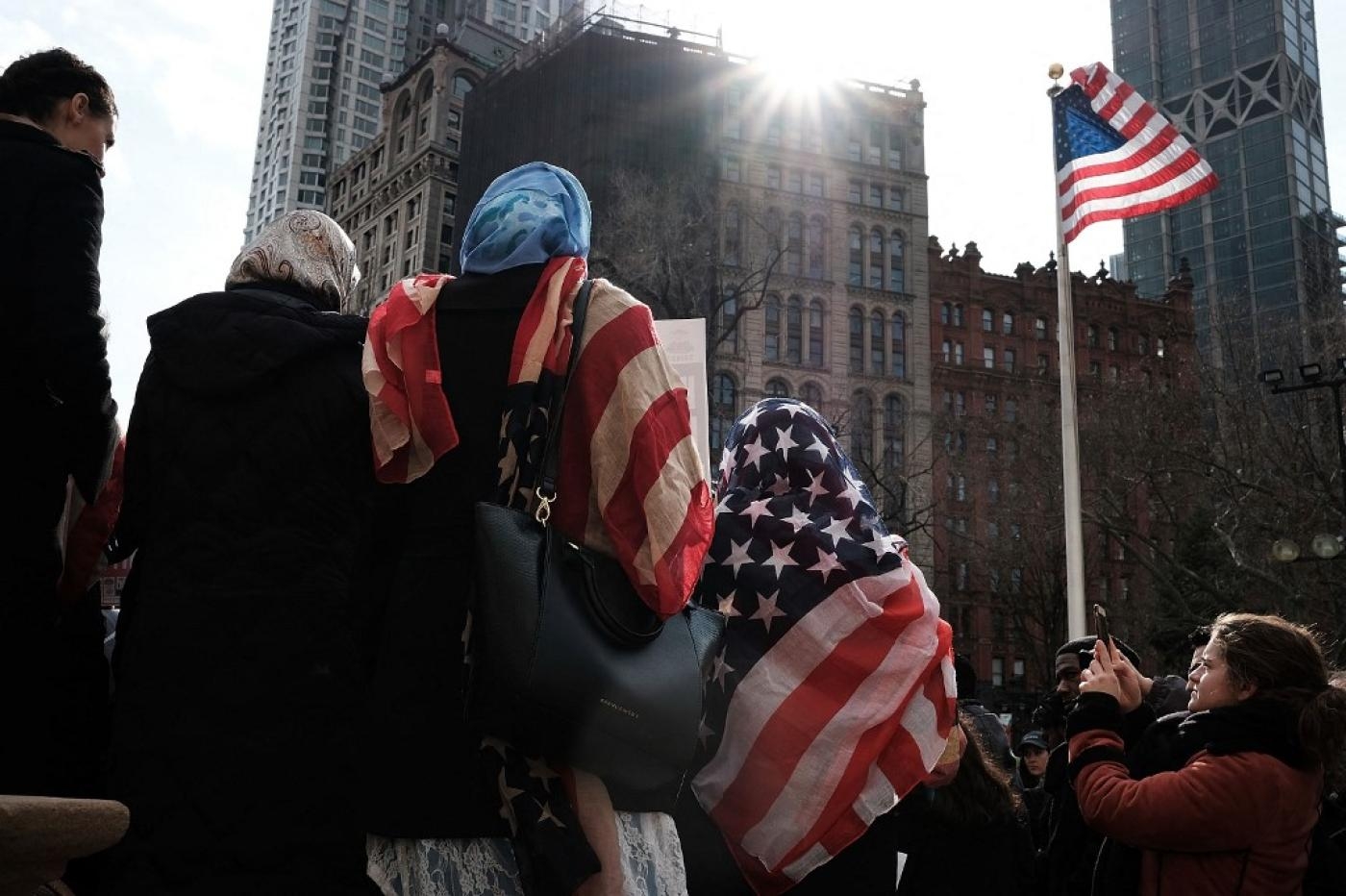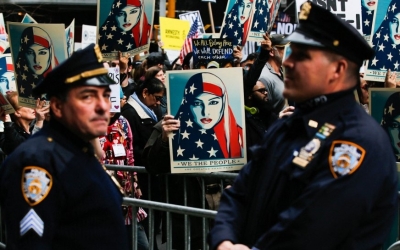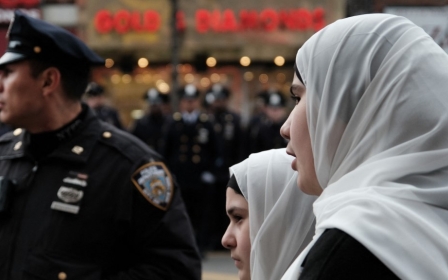US: Muslim woman sues sheriff’s office over forced removal of hijab

A Muslim woman has filed a federal lawsuit against the Knox County Sheriff’s Office in Tennessee, alleging that her religious rights were violated when she was forced to remove her hijab for a booking photo that was later published online.
Layla Soliz of Knoxville, Tennesee, filed the lawsuit on Monday following her arrested on 15 May 2024 during a pro-Palestinian demonstration at the University of Tennessee in Knoxville.
After being detained for several hours, she was taken to the Knox County detention facility where officers photographed her without her hijab despite her objections. They took a second photo with her hijab, which Soliz wears daily as part of her Muslim faith.
According to the lawsuit, an intake officer had promised that the mugshot without her headscarf would not be made public, but a sergeant later uploaded the image to the Knox County Sheriff’s Office website, where hundreds of people viewed it.
The complaint alleges the photo was downloaded and shared on a third-party mugshot database, violating Soliz’s privacy and religious beliefs.
New MEE newsletter: Jerusalem Dispatch
Sign up to get the latest insights and analysis on Israel-Palestine, alongside Turkey Unpacked and other MEE newsletters
Soliz’s attorney, Daniel Horwitz, said that both state and federal law, as well as Knox County’s own policies, protect individuals from such violations. The sheriff's office’s policy requires photos of individuals wearing religious head coverings to be stored for documentation purposes only and prohibits their public release.
The lawsuit seeks at least $250,000 in damages, the deletion of the mugshot, and a permanent policy change to prevent similar incidents.
“The defendants’ mistreatment of Mrs Soliz and their disrespect for her religious rights has scarred her,” the lawsuit states.
This is not the first case of its kind in Tennessee. In 2023, Sophia Johnston, another Muslim woman, sued Rutherford County for being forced to remove her hijab for a mugshot. The county settled the case and revised its booking policies to respect religious practices.
Discrimination against Muslim women
Soliz's case highlights a common issue faced by Muslim women across the US, where law enforcement agencies have increasingly come under scrutiny for forcing women to remove their hijabs during arrests.
In 2017, a Muslim woman from California won an $85,000 settlement after being forced to remove her headscarf during her arrest in Long Beach. The case led the Long Beach Police Department to change its policy, ensuring that women would be allowed to wear religious head coverings during detention.
In 2018, a group of Muslim women from New York City filed a class-action lawsuit against the New York Police Department (NYPD) for being forced to remove their hijabs for mugshots.
In 2020, the NYPD settled the lawsuit by changing its policy to allow religious individuals to wear head coverings in photos, as long as their faces remained visible.
The case led the Long Beach Police Department to change its policy, ensuring that women would be allowed to wear religious head coverings during detention.
Despite progress in some police departments across the country, women in other areas of the US are still being required to remove their hijabs.
Legal experts have pointed out that such actions violate the First Amendment, which protects religious practices, as well as the Religious Land Use and Institutionalized Persons Act.
Despite these legal protections, incidents of hijab removal remain prevalent, contributing to growing concerns about Islamophobia within law enforcement agencies.
Many Muslim women describe these experiences as humiliating, as their hijabs are a significant part of their religious identity, which they believe is being stripped away during such encounters.
The Knox County Sheriff’s Office has not yet responded to the lawsuit. Soliz's case is expected to highlight broader concerns about the treatment of Muslim women in detention.
Middle East Eye delivers independent and unrivalled coverage and analysis of the Middle East, North Africa and beyond. To learn more about republishing this content and the associated fees, please fill out this form. More about MEE can be found here.





